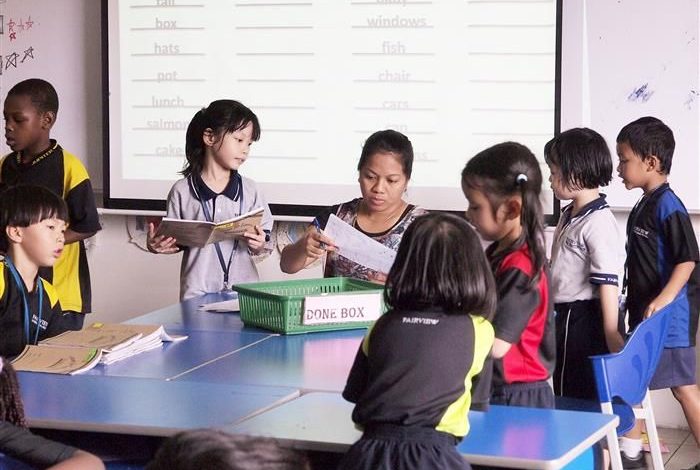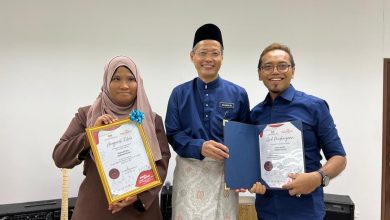



We can broadly categorise educational experiences to address three general areas. Knowledge (the information acquired), Skills and Values. Education has evolved to be much better at refining the techniques of acquiring, processing and presenting knowledge.
However, our ability to develop skills in our students remains very much in question. When asked about skill delivery in schools, educators often answer “of course, we teach skills in our programmes”. Scratch beneath the surface and often we will find grave deficiencies.


In *Fairview International Schools, a comprehensive set of skills were compiled, analysed and then distilled into a unique programme. Fairview researched academic scientific literature and compiled a set of models that addresses over 150 skill areas ranging from reflection to time-management. For example, when a student learns about leadership in primary school they would learn the basics of leadership, evolving to a model called “situational leadership” in secondary school. The student may learn more about other more advanced leadership theories in the future but Fairview aims to ensure that every student will learn the fundamentals in every skill to act as a solid foundation towards future skills development.
The same skill models are then embedded into every subject so that while these skills are taught explicitly in a special class they are also practised contextually. For example, after a student learns “Belbin’s” teamwork model in a homeroom class, the student may be tasked to complete a Biology group assignment to present their findings and research about lung cancer as a team. Each student is assessed on their ability to apply teamwork skills to complete the assignment as well as gain essential experience of working with others. By consistently applying this model of skill development in a structured, systematic and intentional manner over 13 years of education, Fairview students emerge with an unstoppable toolbox of skills, ready to face any future.
This article is the third of a 6-part series on education. More exciting articles to come!
Dr Vincent Chian is currently the IB Diploma Director of Fairview International School. A former medical doctor working in psychiatry he now spends his time championing emotional and effective development in education.
* Fairview International School currently has 4 IB World Schools across Malaysia; KL, Subang, JB and Penang. Fairview Ipoh will be an international school, with enrollment open for August 2014. For more information, call 05 313 6888 or email: enquiries_ipoh@fairview.edu.my.


